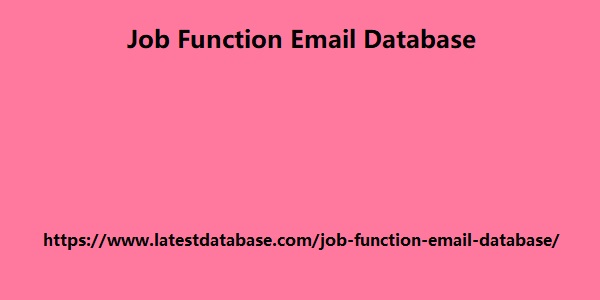Post by account_disabled on Feb 20, 2024 2:28:10 GMT -5
Russia has resisted Western sanctions over the invasion of Ukraine, oligarch Oleg Deripaska said, admitting his “surprise” at the country's resilience after a war he thought would bankrupt the Kremlin. Deripaska, one of Russia's richest men, told the Financial Times that Moscow had survived the effort to isolate its economy by developing new trade links with the global south and increasing investment in domestic production. Meanwhile, the private sector proved to be stronger than I had expected just a few months earlier. “I was surprised that the private company was so flexible. “I was more or less sure that up to 30 percent of the economy would collapse, but it was much less,” she said. “Yes, there is war spending and all these kinds of subsidies and government support, but it is still a surprisingly low slowdown. The private economy found a way to operate and do so successfully.
Russia's apparent resilience despite being isolated from global markets and supply chains has been a source of pride for President Vladimir Putin, who said last week that "the recovery stage of the Russian Job Function Email Database economy is over" after that "we overcame unprecedented external pressure." Russia was hit hard after the invasion, but has since managed to avoid G7 sanctions on the vast majority of its oil exports. The International Monetary Fund has forecast Russia's gross domestic product will grow 1.5 percent this year and 1.3 percent in 2024. Putin was more optimistic last week, predicting 2.8 percent growth this year. year, more than double the maximum his own cabinet predicted in April. A Rusal aluminum smelter in © Andrey /Bloomberg The comments by founder of top aluminum producer and its energy parent company En+, indicate growing confidence among Moscow's elite that Russia has emerged relatively unscathed despite fears that sanctions would hurt the economy early on. from the war.

I always doubted this as the Germans used to say, sanctions: weaponizing the financial system as a kind of negotiating tool,” said , whose fortune is estimated at billion according to the Russian edition of Forbes. “We made a lot of efforts to make the world global, in terms of trade, investment, information really over when the sanction can be used, it's a kind of 19th century instrument. “We don’t see it being efficient in the 21st century.” was one of the few oligarchs to criticize, albeit cautiously, the invasion in its first months. But while he said he saw “no value” in the conflict, he has more recently toned down his pacifist statements amid growing pressure on oligarchs to pay more taxes and, in some cases, hand over their assets to the state“I don't see why we shouldn't stop it on both sides. I don't see anyone being able to achieve the stated goal,” said. “Will you give him F-16, F-35? [fighter jets]? You know, the only goal that would be achieved would be more suffering and more lives lost, more injuries maybe kilometers to the left or to the right.
Russia's apparent resilience despite being isolated from global markets and supply chains has been a source of pride for President Vladimir Putin, who said last week that "the recovery stage of the Russian Job Function Email Database economy is over" after that "we overcame unprecedented external pressure." Russia was hit hard after the invasion, but has since managed to avoid G7 sanctions on the vast majority of its oil exports. The International Monetary Fund has forecast Russia's gross domestic product will grow 1.5 percent this year and 1.3 percent in 2024. Putin was more optimistic last week, predicting 2.8 percent growth this year. year, more than double the maximum his own cabinet predicted in April. A Rusal aluminum smelter in © Andrey /Bloomberg The comments by founder of top aluminum producer and its energy parent company En+, indicate growing confidence among Moscow's elite that Russia has emerged relatively unscathed despite fears that sanctions would hurt the economy early on. from the war.

I always doubted this as the Germans used to say, sanctions: weaponizing the financial system as a kind of negotiating tool,” said , whose fortune is estimated at billion according to the Russian edition of Forbes. “We made a lot of efforts to make the world global, in terms of trade, investment, information really over when the sanction can be used, it's a kind of 19th century instrument. “We don’t see it being efficient in the 21st century.” was one of the few oligarchs to criticize, albeit cautiously, the invasion in its first months. But while he said he saw “no value” in the conflict, he has more recently toned down his pacifist statements amid growing pressure on oligarchs to pay more taxes and, in some cases, hand over their assets to the state“I don't see why we shouldn't stop it on both sides. I don't see anyone being able to achieve the stated goal,” said. “Will you give him F-16, F-35? [fighter jets]? You know, the only goal that would be achieved would be more suffering and more lives lost, more injuries maybe kilometers to the left or to the right.
